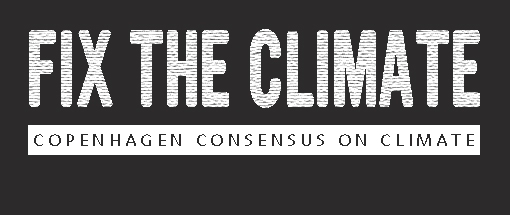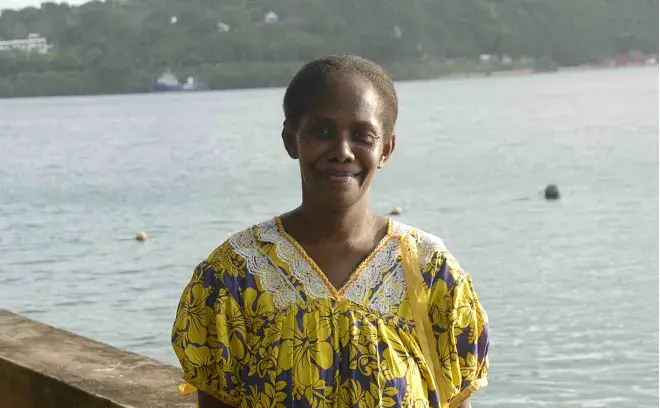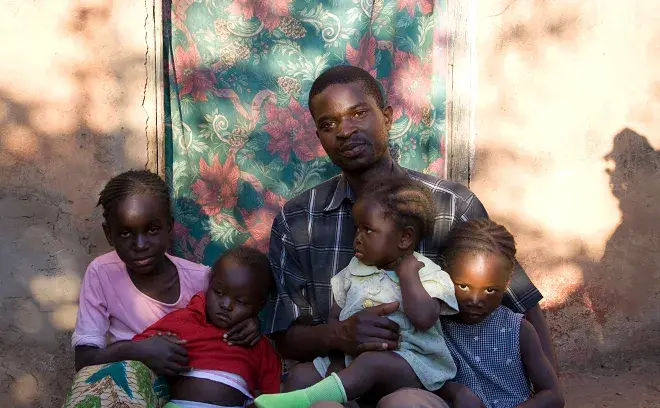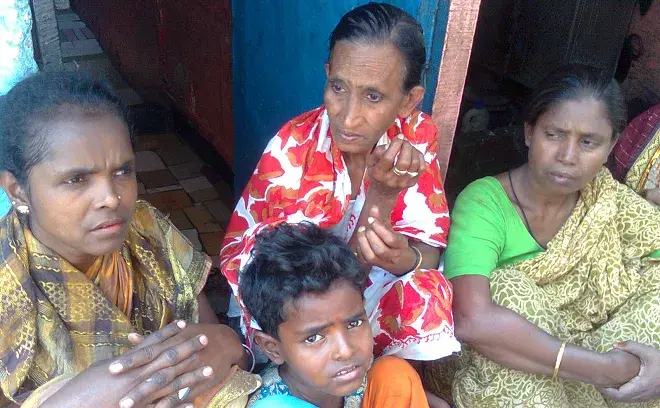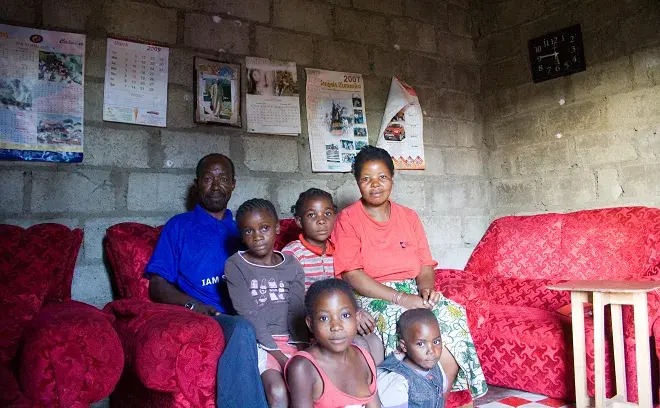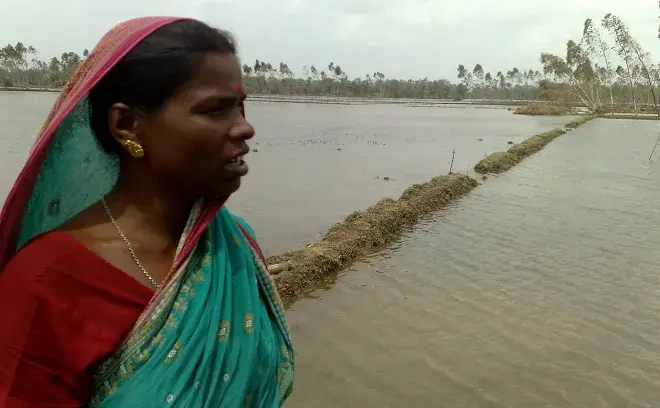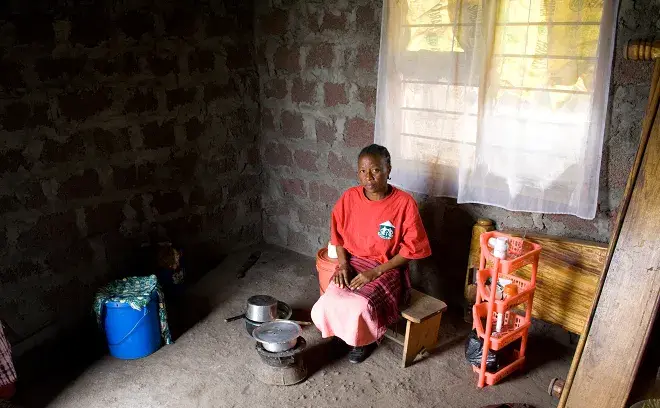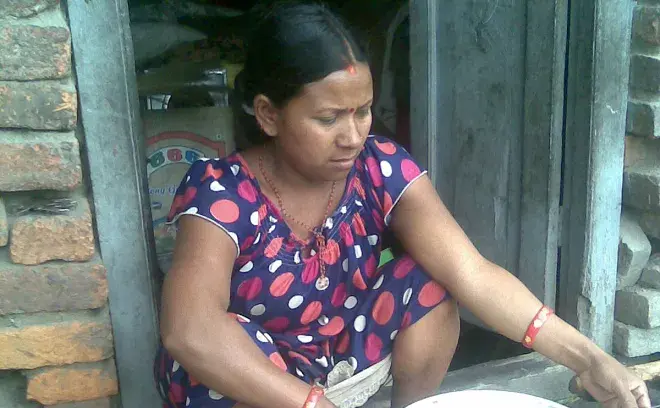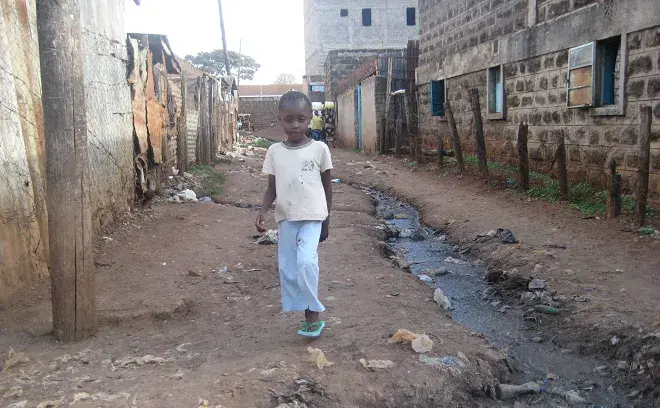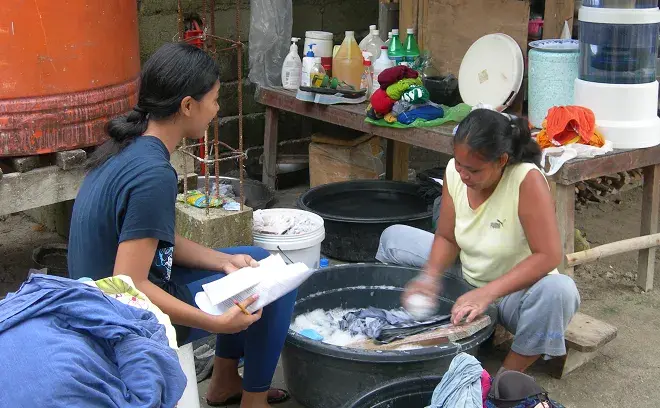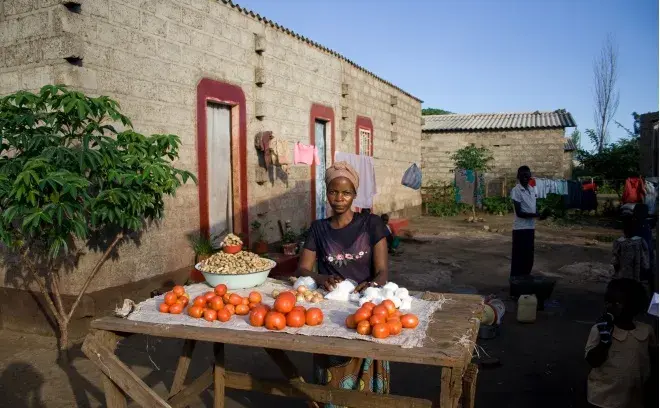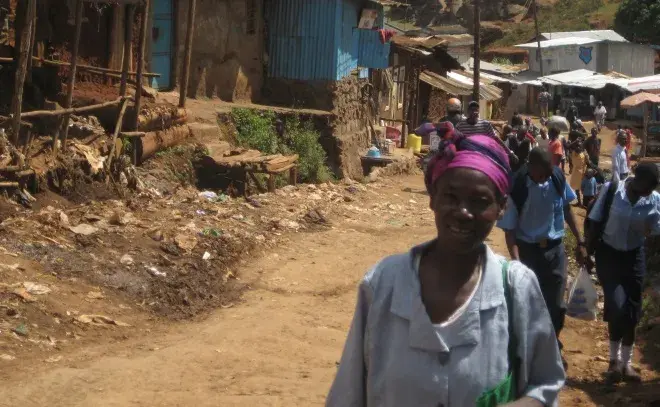Real People, Real Problems
Stories from global warming hotspots
Media organizations in wealthy countries regularly send forth reporters to find “victims of global warming.” We see the terrible plight of those living in the shadows of Mount Kilimanjaro, or on the edge of the Zambezi River, and we are told that climate change will significantly worsen these fragile communities. Rich countries, we are told, must sign up to drastic, urgent carbon cuts.
But seldom do we hear from the local people who are said to be in danger. These people are not voiceless; we just pay no attention to what they say.
As part of the Copenhagen Consensus on Climate, the Copenhagen Consensus Center set out to ask people in global-warming hot spots about their fears and hopes.
Over the summer of 2009, the Copenhagen Consensus Center interviewed more than 50 people, all around the world. Our goal was to ask them about their priorities and concerns, and then consider the policy options that would help the most. Some of these stories were published, in the build-up to the COP15 meeting in Copenhagen, in the Wall Street Journal.

